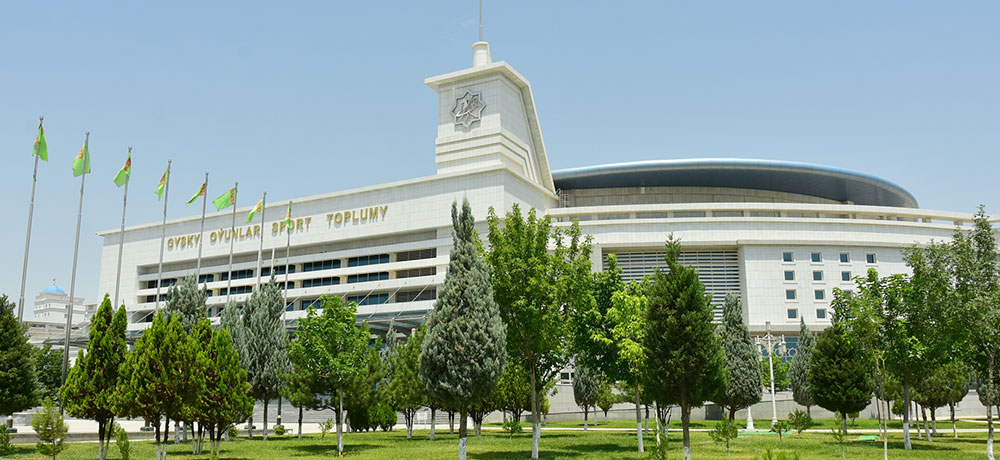Journalism has undergone a remarkable transformation over the centuries, evolving from handwritten news sheets to the digital platforms we use today. The earliest known journalistic product was the “Acta Diurna,” a daily news sheet circulated in ancient Rome around 59 BCE. This was followed by the development of printed newspapers in the 17th century, which became a primary source of information for the public. The invention of the printing press by Johannes Gutenberg in the 15th century played a crucial role in making news more accessible and widespread.
The 20th century saw the rise of radio and television, which revolutionized the way news was delivered. These mediums allowed for real-time reporting and brought news into people’s homes, making it more immediate and engaging. The introduction of 24-hour news channels further changed the landscape, providing continuous coverage of events as they unfolded. This era also saw the emergence of investigative journalism, with reporters uncovering significant stories that had a profound impact on society.
The advent of the internet in the late 20th century marked another significant shift in journalism. Online news platforms and social media have transformed how news is consumed and distributed. Today, anyone with an internet connection can access news from around the world instantly. This democratization of information has both positive and negative implications. While it allows for a greater diversity of voices and perspectives, it also poses challenges such as the spread of misinformation and the decline of traditional news outlets.
Despite these challenges, the core principles of journalism remain unchanged: to inform, educate, and hold those in power accountable. Journalists continue to play a vital role in society, providing the public with accurate and timely information. As technology continues to evolve, so too will the methods and platforms used by journalists. The future of journalism lies in its ability to adapt and innovate, ensuring that it remains a cornerstone of democratic societies.
Aygul BEGNAZAROVA
Student of the International University
for the Humanities and Development








